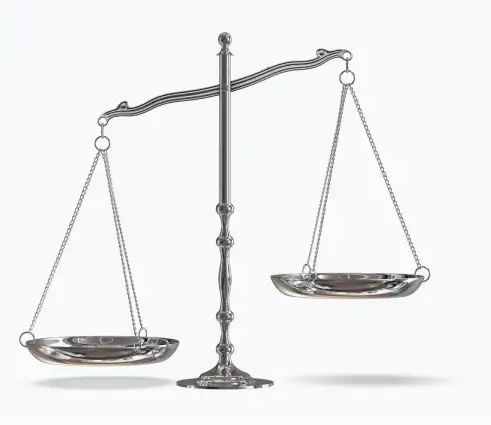Do you sell remotely goods to EU residents, provide them with services or digital products? – Beware, the tax authorities of 28 countries may be interested in you.
By 2015, the world was simpler: VAT obligations and its rates were determined by the seller’s place of registration. Enthusiasts like Amazon sold e-books and other digital products through companies in countries with a minimum VAT that could be even 3% against the average 17-23% in Europe. The scheme is simple and understandable.
But once the EU has assessed the scale of tax revenues lost and decided to fight it. Therefore, the EU member states invented a “magic formula” – to determine the VAT rate in operations for the sale of digital products, remote sales and B2C services, depending on the country where the final customer resides. Thus, a real bureaucratic monster was born. He comes in nightmares of small entrepreneurs and e-merchants, who encroach to the European market.
Now the European VAT has the ability to sneak up unnoticed. If at least one EU citizen remitted you money for a product or service, you become responsible for charging and paying VAT from this purchase. Even if you are not a tax resident in any EU country. Even if you did not know about the new commitment. Even if there is no technical ability to determine the country of the buyer: ignorance of the law is not an excuse.
So if you want to sell remotely or provide services to EU residents – please register, get your VAT number, keep a record of operations and report on them. And you will have to report a lot: to the tax authorities of each of the 28 EU countries, where at least one of your customers lives.
It is not worth to underestimate the ability of the EU tax authorities to monitor your compliance with VAT rules. German tax service uses the Internet tracker Xpider, capable of tracking traders who do not charge value-added tax. According to the decision of the Federal Tax Court of Germany in 2013, the tax service can demand information about sales through Amazon or eBay. And it requires: information in the form of lists was repeatedly requested for all accounts whose turnovers exceed 17,500 euros (that is more than the German threshold for VAT scheme for small businesses).
Germany is no exception: other countries, such as Austria, require information about shipping and delivery services to find out who is close to the threshold. In Denmark, they simply analyze the level of sales, using information about credit cards.
Fortunately, there is a MOSS VAT system (Mini One-Stop Shop). It is enough to choose a convenient EU country (for example, Cyprus), get there VAT number and monthly send all invoices. The truth is that you need to involve local tax specialists: they will submit VAT declarations to the tax authority of this country (for example, all the same Cyprus), which will automatically transfer payments to the tax authorities of the respective countries.
If you are doing well with discipline and turnover is small, you can try the advantages of VAT scheme for small businesses. Each of the EU countries has its threshold from EUR 10 000 to EUR 100 000. Stay within it – and you can avoid charging VAT to your customers. However, this mode does not apply to sales of digital products – they will be taxed at the standard VAT rates of the country of the consumer. And you cannot return VAT paid for purchased goods and services.
If the income allows, it makes sense to register in Europe an operating agent – a company that will process sales and VAT on behalf of your EU non-resident company.
Another option is to sell using sales platforms, which usually charge VAT automatically. If so, your prices will be less competitive, and you will not be able to use VAT scheme for small businesses.
As you can see, the complex problem has many ways to solve it. We did not create this article to exhaustively list all possible options how to cope with European VAT, but rather to draw your attention to this sensitive issue. Your business is unique – we will help you to find a solution that is best suited for your situation.
Oksana Dankevych, Associate at IT law practice]]>


